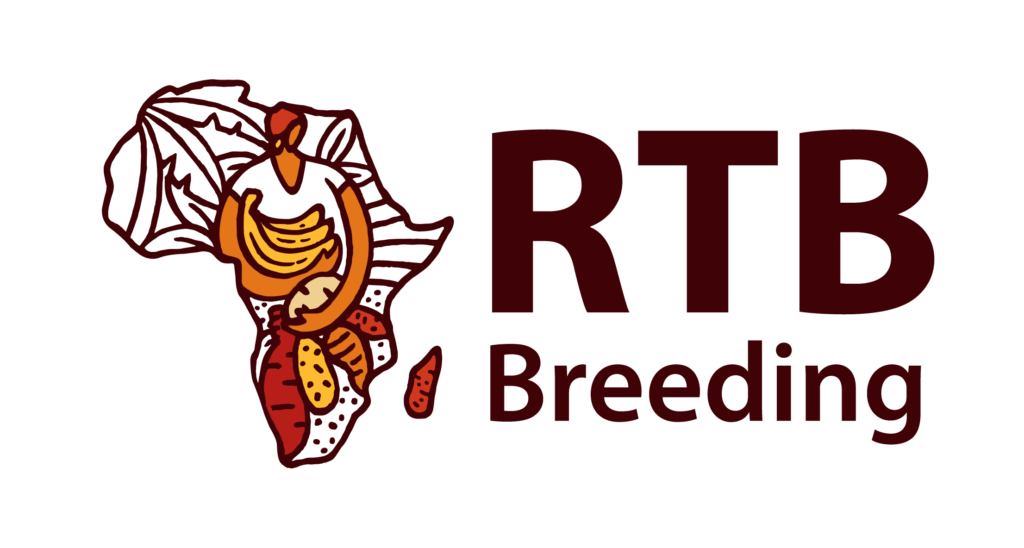In sub-Saharan Africa (SSA) and especially in Nigeria, cassava is a staple and has become a major industrial and income-generating food crop. Farmers rely on cassava for livelihoods and employment within the value chain. Regional organizations like International Fund for Agricultural Development (IFAD) and the Economic Community of West African States (ECOWAS), as well as the National Government, recognize cassava as a strategic crop and have implemented favorable legal and policy frameworks for it.
Cassava is well-positioned to outperform many cereal crops, especially in the context of climate change and deteriorating soil conditions, which threaten the production of cereals and legumes across Africa. Despite these opportunities, several factors challenge its full potential. Low productivity and the cultivation of low-yielding varieties by many farmers have limited productivity potential and access to improved varieties with traits suited to industrial needs remains minimal. To solve these issues, there is need to breed and distribute genetically superior cassava varieties tailored to distinct Target Product Profiles (TPPs) and Market Segments (MS).
Major Target Product Profiles
In Nigeria, three major TPPs guide cassava development efforts:
- Cassava for Processing: Focus on traits like high product yield after processing, color, and texture of the products (e.g., granulated products like gari and paste products like fufu).
- Cassava for Fresh Markets: Prioritizes root mealiness, low cyanogenic potential, and sweet taste.
- Cassava for Industrial Cultivation: Selected for high starch content and mechanizable plant architecture suitable for high-density planting.
Besides these TPP-specific traits, elite varieties are selected for high and stable yield, high dry matter content, resilience to biotic and abiotic stresses, inground storability, and good agronomic performance. These traits constitute key driving factors in Nigeria’s cassava processing industry and hold great potential for sustainably increasing production in emerging industries and new markets.
Candidates Varieties Nominated for Release
The introduction of these improved, targeted varieties will significantly benefit women and youth, who play key roles in the cassava value chain, by increasing efficiency, product quality, and economic opportunities across the value chain.
In Nigeria, International Institute for Tropical Agriculture (IITA) and National Root Crops Research Institute (NRCRI), have developed two new cassava genotypes: one suited for processing (Candidate TMS14F1036P0007) and the other for the industrial market (Candidate TMS17F1387P0008), both with the potential to be released as new varieties. Early selection criteria for the candidate cassava genotypes were based on pest and disease resistance, plant vigor, plant architecture, root number, and root shape. After rigorous research and analysis, the two candidates emerged as the most preferred varieties, consistently ranking highest across all traits.
Nominated Candidates Exhibited Strong Performance across Key Agronomic Traits
The varieties, TMS14F1036P0007 and TMS17F1387P0008 have also been nominated as candidate varieties for release based on their strong performance across key agronomic and food quality traits, from on-station, multilocation and on-farm trials. Both varieties have consistently demonstrated high yield, adaptability, disease resistance, and favorable processing qualities, making them well-suited for market segments focused on both processing and industrial applications.
These candidate clones show strong potential for widespread adoption and would play a crucial role in advancing Nigeria’s efforts to transform the cassava sector, having undergone extensive multilocation and on-farm evaluation across diverse agro-ecological zones in the country.
